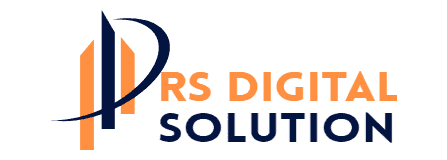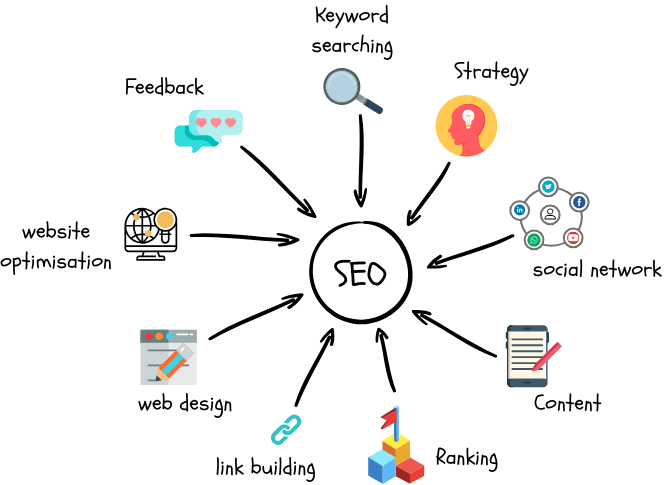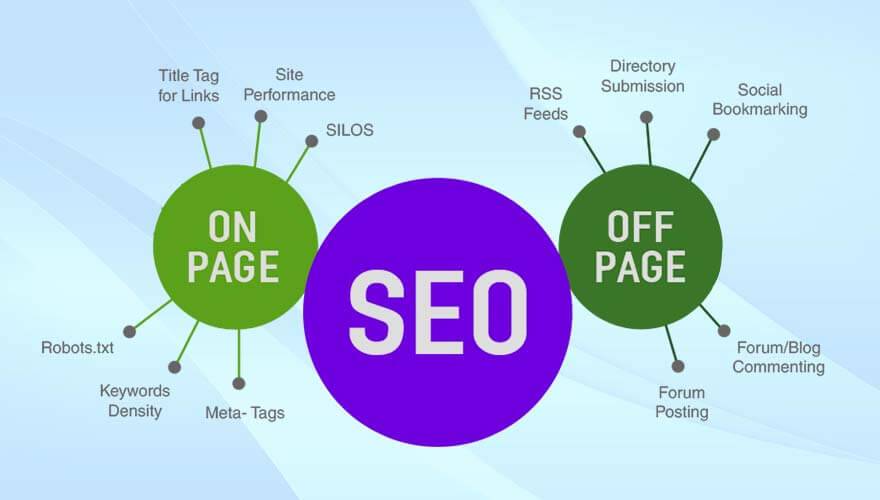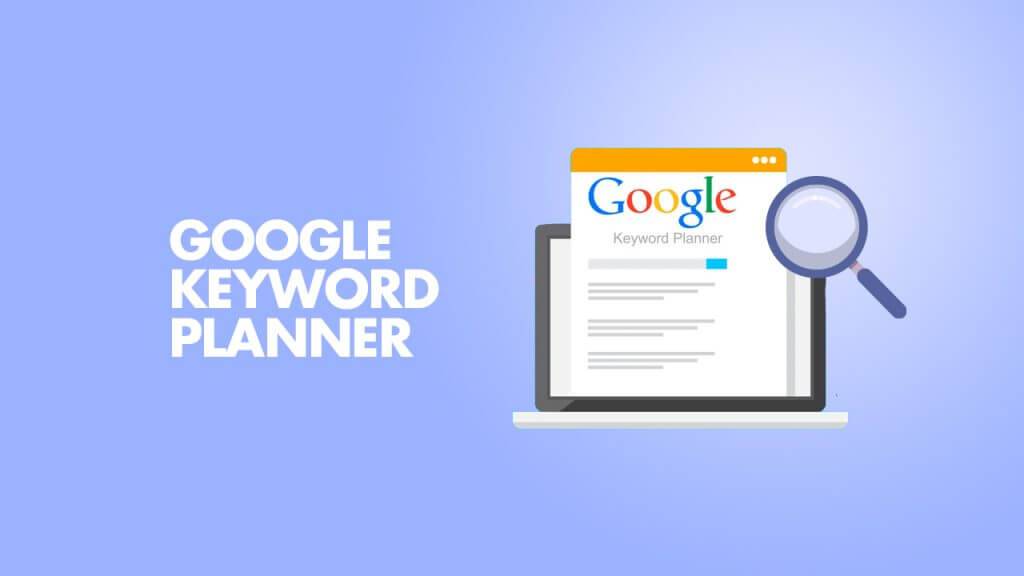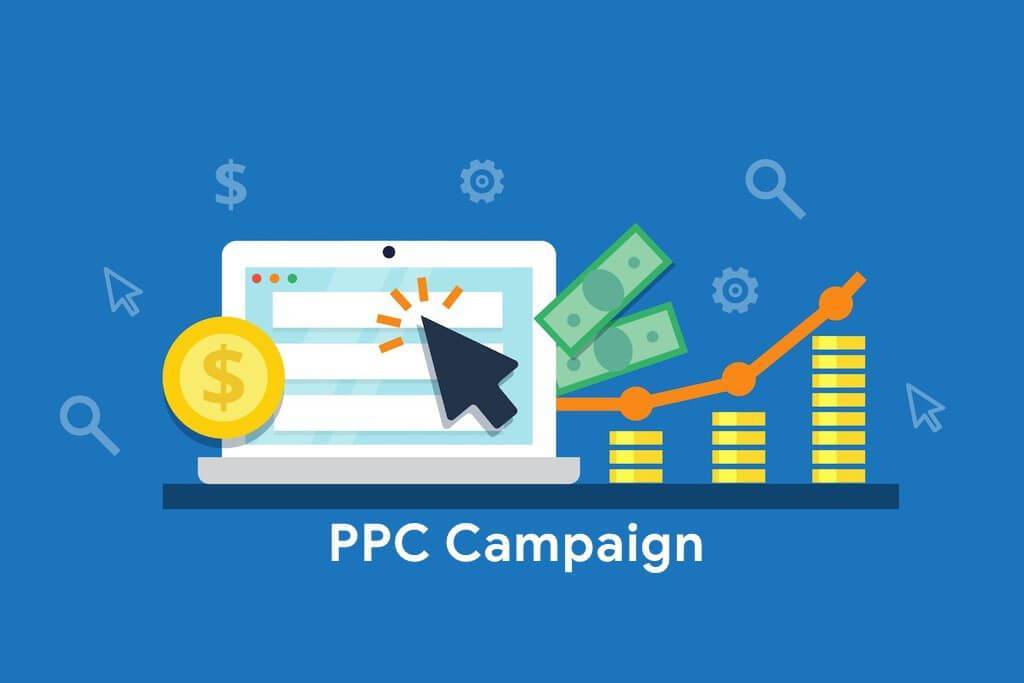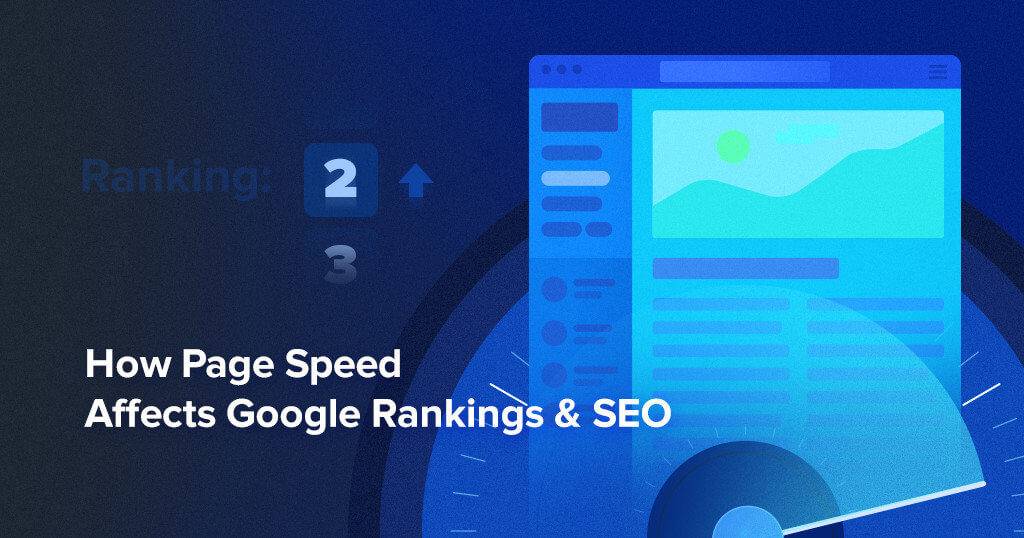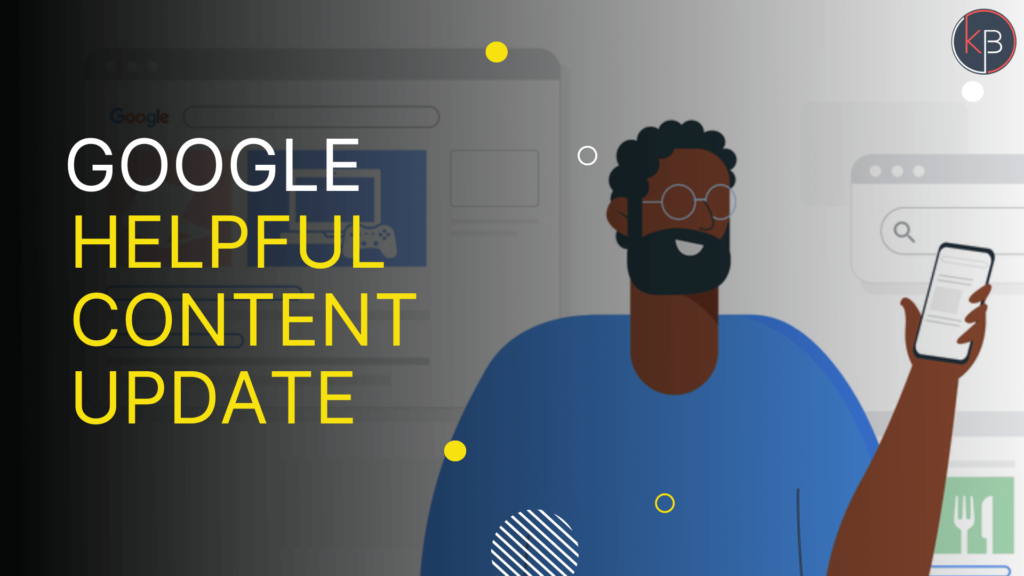Very Welcome! We are excited that you’re here, in this beginner guide we will try to cover all the major aspects of SEO services. The world of SEO services is quite complex, but here we will help you to understand the basis of SEO. Let’s begin the journey.
What is SEO?
SEO or Search engine optimization is the process or strategy to enhance the visibility of your website or a web page in a search engine’s organic results i.e. non-paid results. Organic search results are the ones ranked through effective SEO, unique & quality content, and are not paid.
SEO is about knowing the needs and requirements of people or what people are searching online, understanding the answer they are seeking, the type of content and information they want, or the words they are using on search engines.
Solving the answer to the above question will allow you to connect to the audience, who are searching online for the solutions you are going to offer them.
Observing your potential audience’s needs is one side of the SEO coin, presenting it in a manner that search engine crawlers can easily identify and understanding is the other part. Being a slow process SEO requires a lot of patience as it’s a marathon, not a sprint.
To develop an SEO strategy you need more than just building links, adding a few keywords, and creating any old content to improve your organic search rankings and increase the visibility of your business.
You need to keep consistent track and effort to understand SEO :
- Emerging new trends (e.g., voice search).
- Changing Algorithms.
- Technological advancements (e.g., machine learning).
- Your audience (e.g., how they behave and what are their requirements).
SEO Useful Vocabulary
As soon as you start learning and digging into SEO services, you’ll get to know some terms commonly used to categorize it’s in different aspects namely:
- On-page SEO & off-page SEO
- Black hat SEO & white hat SEO
On-Page SEO & Off-Page SEO
- On-page SEO- This term refers to all the ongoing processes you can do on the website, including the optimization of content with the help of technical aspects such as:
- Target relevant Keywords
- Content optimization
- Title tag optimization
- Internal linking
- UI & UX optimization
- Web- pages speed optimization
- Off-page SEO- It is about getting quality backlinks to show search engines that your website has authority and values it includes techniques like:
- Guest blogging
- Email outreach
- Article and blogging
- Press release and forum posting
A successful SEO strategy includes both on-page and off-page SEO activities to impact the trust and authority of your website.
Black Hat SEO & White Hat SEO
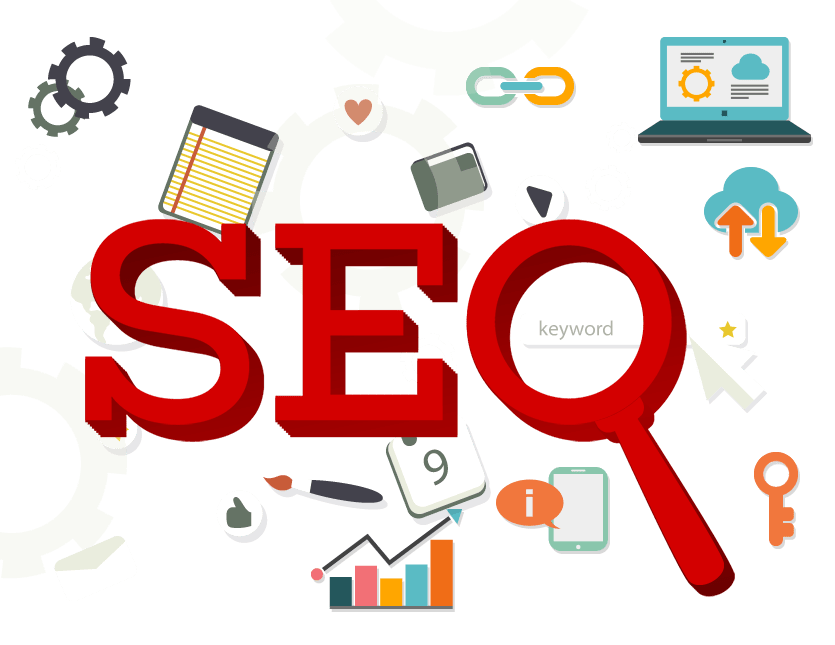
Black hat SEO & white hat SEO are represented as bad guys and good guys. Whereas Black Hat SEO is a set of unethical ways to rank up the website on search engines. These spammy practices can get you to the top of the search results in a short time, but sooner or later the search engine will probably penalize and ban the website or web page.
White hat SEO refers to all the ethical SEO techniques that follow all the norms, guidelines, and rules. It is a long-term strategy for good rankings followed by good optimization, quality content, and a user-oriented approach.
Why SEO is Important?
SEO is a buildup of multiple different elements, and finding what they are and how they are going to work is key to understanding why SEO is so important. In short, SEO is crucial because it increases the visibility and high organic ranking of your website or web page that means more traffic opportunities to convert prospects into clients.
Beyond this, SEO is a great tool for promoting brand name and its awareness, relationships with the client, and positioning your business as an authoritative, trustful expert in your field. All these things collectively make SEO vital in today’s digital world.
Important elements of SEO
Keywords
Keywords are the words or phrases that netizens use to find online content or the thing they require, the business or brands can use these keywords to connect with customers looking forward to buying their products and services.
During finding keywords, it is important to look for high search rates keywords with low competition. By using these keywords you can easily optimize your web page including titles, URLs, and other on-page SEO elements.
Content
As we normally hear that content is the king and it’s correct, content is an important part of SEO. It drives the reach and engages audiences.
If you own a business and want to increase your visibility, you might publish a series of blogs about your business, choosing the right content.
When a person wanted to know about your services or product and went looking for that information, your blog would come up, and you’d be able to build a healthy relationship with that client by providing valuable information.
Today’s content must be educational, informative but also interesting, relevant, engaging, and shareable. Content comes in a different types of forms, including:
- Website or web page content
- blogs
- Videos
- Infographics
- Social media podcasts
- Podcasts
- Local listings
- Whitepapers AND E-books
Search Intent
It is crucial to understand the search intent of every targeting keyword. Do some search on google to identify top results to see what they need. There are different types of search intent naming:
- Informational: The user is looking forward to learning something new and informative. For example “ when is the next full moon in India?” is an informational search.
- Navigational: when the user wants to search a particular page. If someone searches for “yahoo,” for example, they probably want to go to the website of Yahoo.
- Transactional: if the user wants to purchase something online. “Buy sports shoes online” is a transactional search.
Ability to Crawl and Index
If Google is not able to crawl and index your website or web page, your site would not show up in the top search results. For this, you need to get your crawl ability and indexability right and accurate.
Google constantly crawls the web pages with the help of bots to discover new pages. That is why crawling means the ability of google to find your content.
Google’s crawlers discover new content through different links.
After crawling the right and informative content, Google’s crawlers send back the data to Google to further analyze the web page and add it to their index. Indexed pages are the one that shows up in search results on Google.
Some of the ways that can help you to enhance the website crawling ability and indexability are following:
- Try to upload a sitemap – uploading a sitemap helps to direct your website with links to your most important pages. Maintaining proper updates of XML and HTML sitemaps helps Google find your content.
- Adding internal links: Add some links between your pages to help Google crawl your content.
- Checking your robots.txt file: with the txt file, you can help crawlers to identify which web pages you want them to crawl. Ensure that your robots.txt file is delivering the right information to the google crawlers.
Backlinks
Backlinks are the links from the different sites to yours, and they are one of the most important SEO elements of SEO. If you want a large number of links from a high-authority website you have to enhance both the quality and quantity of your backlinks.
You can consider the following points to improve your backlink profile:
- Consider creating high-quality content, so that others want to link to it on their pages. More audiences will link to your website, to add some substantial value to their page.
- Conduct outreach by looking at other web pages related to your website. Email the owner to link your page.
- Try writing a guest post for another website and link it to your website in your post. Make sure that the site is relevant to your content.

